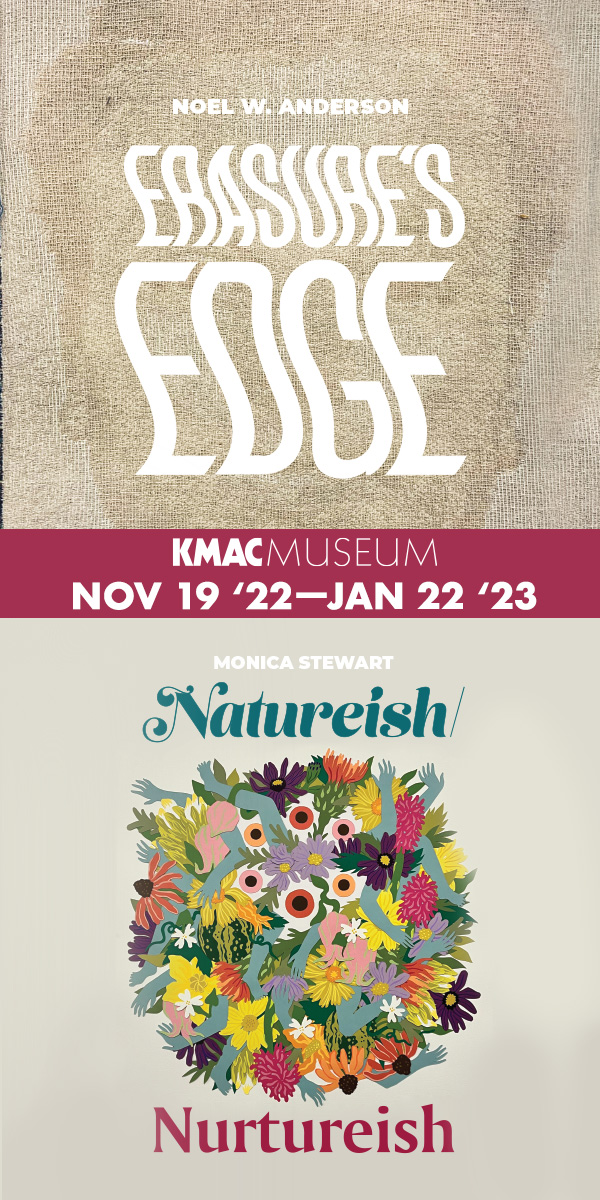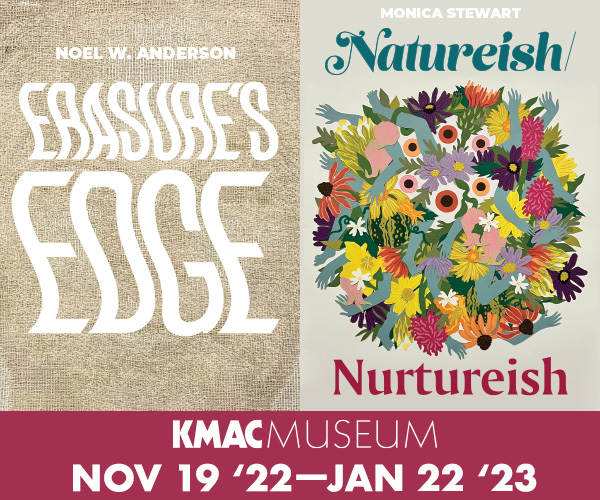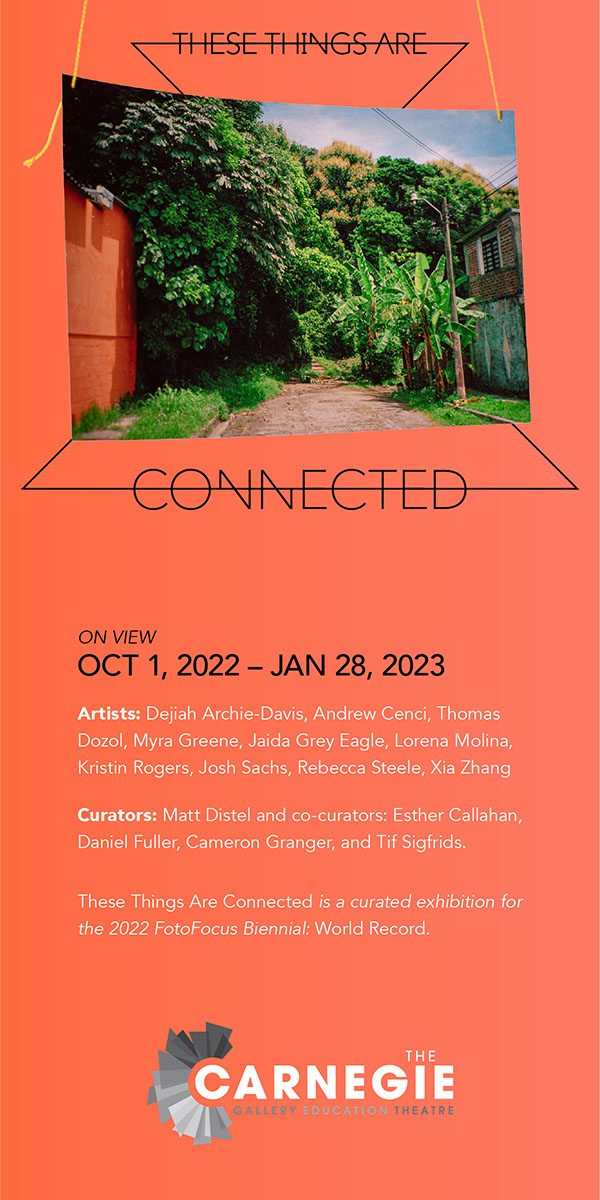As the Origins Jazz Series and the Lyric Theater get ready to host jazz saxophonist Chris Potter, here’s an opportunity to become acquainted with this the Chicago-born artist, the youngest musician ever to win Denmark’s Jazzpar Prize, the world’s largest international and annual jazz award. Potter’s discography now includes 16 albums as a leader and sideman appearances on over 100 more. He has also performed or recorded with such leading jazz figures as Herbie Hancock, Pat Metheny, Jim Hall, Paul Motian, Ray Brown, John Scofield and Dave Douglas, as well as with the Mingus Big Band
Lexington architect and jazz artist Clive Pohl caught up with Potter only hours after his return from a European tour. If you haven’t already, check out part one of this three-part series. Here’s part two, loaded with opportunities to listen. Part three is coming your way in a few days - in time to be fully informed for the April 22 concert.
Clive: I understand that you played guitar and piano as a young musician. Is that right?
Chris: Yeah. Especially the piano. And I’ve used the piano a lot in my writing and in terms of our music.
Clive: I wondered about that. And so, a tune like The Shades (on The Sirens), that’s a wonderful prepared piano piece. Is that done with David Virelles?
Chris: Yeah. That was with David and Craig (Taborn). I can’t remember, you know, ‘cause I think that one is purely improvised. I think they were gonna do something as an introduction to another song and that’s when they started playing. And it didn’t end up working as well as an introduction to a song but I just loved that moment so much I thought, oh yeah, we’ve got to put that on there.
Clive: Yeah. It really is a special little moment. You always wonder the degree to which these things are composed versus improvised. In fact, you spoke to that a little bit relative to Imaginary Cities and your desire to blur the lines there. Before we get into those recent records, I’m curious about the anticipation (of recording for ECM) because I don’t believe you had recorded for ECM prior to The Sirens. Is that correct?
Chris: That was the first album that I had done as a leader for ECM. I had appeared on another ECM record with Dave Holland, Steve Swallow and Paul Motion. But that was my first one as a leader and that was my first one actually working with Manfred Eicher in the studio.
Clive: So, that makes me want to ask about the extent to which knowing you were going to make an ECM record might have upped the ante with respect to your preparation and your composition.
Chris: Not exactly because I had already written all the music and performed with the group before I had been in touch with Manfred about recording it. I mean, the way I remember it, I think Sarah Humphries who works for ECM, came down to the Vanguard when we were doing that music and she mentioned this to Manfred and it kind of grew out of that. So, that was already the kind of concept with the music I wanted to do and even the actual feelings were pretty much done by the time I was in touch with Manfred about it. I mean, it was a fortuitous thing because the direction of that music I felt like really did belong on ECM. That was a good spot for it in terms of the aesthetic that I was looking for and Manfred’s aesthetic sensibilities. So yeah, that was a fortuitous circumstance.
Clive: And you began working right around that time with (Pat) Metheny’s Unity band.
Chris: It was around that time. Yes.
Clive: Did his writing have an influence on yours at that time or was it reciprocal?
Chris: Yeah. I had been listening to Pat’s records since I was a teenager, so I was influenced by him definitely.
[aesop_video width=”content” align=”center” src=”youtube” id=”tLA6o0TLefA” caption=”Chris Potter on Playing with Pat Metheny” disable_for_mobile=”on” loop=”off” autoplay=”off” controls=”on” viewstart=”off” viewend=”on” revealfx=”off” overlay_revealfx=”off”]
Clive: The second ECM record, Imaginary Cities, is of particular interest to me particularly as we talk about Chief Seattle and the idea of sustainability and treating the planet with respect… I’m looking to you to verify that there is a similar kind of vibe giving rise to the Imaginary Cities four-part Suite: our built environment breaking down and “Rebuilding.†Is that accurate?
Chris: Right. Yeah. That was the frame of mind. Of course, that was definitely written with those ideas in mind beforehand. You know, the idea of what I was gonna be writing about even though it’s very abstract and it’s instrumental music. It was those kinds of ideas – the way we’re living these days and the movement of a great majority of people to cities and the way we are living – is it..
Clive: …sustainable?
Chris: Yeah, is it sustainable and is it really creating a quality of life that is as healthy as it could be for us? I think a lot of us would say no – maybe there is a better way to do it. I mean, music, especially instrumental music, is a very abstract form. So, it isn’t like I’m laying out some specific manifesto of exactly how it would be done, but maybe there was a bit of a vision of another way to live. I would say that the titles of the movements do reflect that idea.
Clive: I’m going to jump to both Imaginary Cities and to The Dreamer is the Dream, which is your most recent record. It strikes me that Imaginary Cities was a very ambitious undertaking with a lot of arrangements and a string quartet and so forth and then perhaps The Dreamer is the Dream is scaling back to a simpler instrumentation, is that accurate? Was it a deliberate simplification?
Chris: Yeah, and also, both The Sirens and Imaginary Cities had a programmatic thing where The Sirens was written after reading The Odyssey and we’ve already gone through the implications of Imaginary Cities. But with The Dreamer is the Dream, you know, “let me just write some tunes and call a band, and we’ll go out on the road, and we’ll play these tunes, and we’ll see which ones work and we’ll record it.†So yeah, it was a bit of a return to a normal state of things. Maybe I’ll just take a break from that – not that I won’t ever choose to work that way again, but I thought it was time for more of a, just a band record.
Clive: The whole band is great. They’re younger players aren’t they? They’re in their early 30’s?
Chris: Yeah, Joe (Martin) is my age. Joe is someone that I first met probably around the same time I met Kurt Rosenwinkel, Mark Turner and Brad Mehdau and all those guys, so I’ve known him a long time. But yes, Marcus and David are definitely from a younger generation and have a different point of view than I do, which I find very, very valuable and it’s also just great to see such extremely talented and dedicated musicians coming up. It provides a new dose of inspiration… now that I’ve been doing this a few years. It’s nice to hear some really advanced things coming at me from a different angle than what I’ve heard.
Clive: David Virelles’ harmonic structures in some of those tunes are just beautiful. And I hear David’s Cuban influence. The other thing I hear with several tunes, obviously, you’ve got the tune Ilimba, and you play the Ilimba.
Chris: It’s a thumb piano from East Africa.
Clive: I’m hearing some of those East African influences, but I’m also hearing on the tune Sky on Imaginary Cities a really clear Indian line and then, you know, obviously some Cuban influence with David Virelles of course. So, you mentioned wanting to get back to the simplest palate and yet there’s a lot going on there.
Chris: I guess yeah ‘cause there’s a lot to think about. There’s a lot to be inspired by!
[aesop_video width=”content” align=”center” src=”youtube” id=”Cx9NaCk_e1I” disable_for_mobile=”on” loop=”off” autoplay=”off” controls=”on” viewstart=”off” viewend=”on” revealfx=”off” overlay_revealfx=”off”]
Clive: Yes. I’m really appreciative of your making these records for us to hear. One last question about your melodic line and this is a stretch, but I’m gonna ask it anyway; you sometimes grab a melodic idea and repeat it a few times. I think it was the tune Sonic Anomaly; might this be a conscious or unconscious reference to the preaching tradition of the black church?
Chris: I don’t know the exact point in that song you’re talking about but yeah, I’d say that is an influence definitely. Some of the first music that I got into was the blues and then the gospel is another side of a similar thing, you know. This was one of the great things about growing up in South Carolina, I think I got a dose that I might not have gotten otherwise. I remember as a teenager doing gospel gigs and the environment just blew me away to actually be there and feel the energy of it and the way that it builds up, and builds up, and builds up. I think that’s one strand that’s always informed jazz music and gives it a strong character that it wouldn’t have otherwise. Of course, that’s where jazz is coming from – that’s where America is coming from; it’s this crazy mix with this very sad history, but the mixing of these different cultures and the way that they come together is something very special and alive. Yeah. The gospel influence, the blues influence, I mean, as abstract and intellectual as jazz can get – and it can go in any direction and be great because it can absorb so many different things – but for me, the way that I think about music and my particular upbringing and the time that I grew up in, the musicians that I’ve met, if it doesn’t have something of that blues feel somewhere in it, it is not as compelling to me.
Clive: Yeah, you mentioned our tragic history, and the whole purpose of the music was to transcend and rise above that.
Chris: Yeah. Of course. Sometimes beautiful things come out of things that are not beautiful at all.




